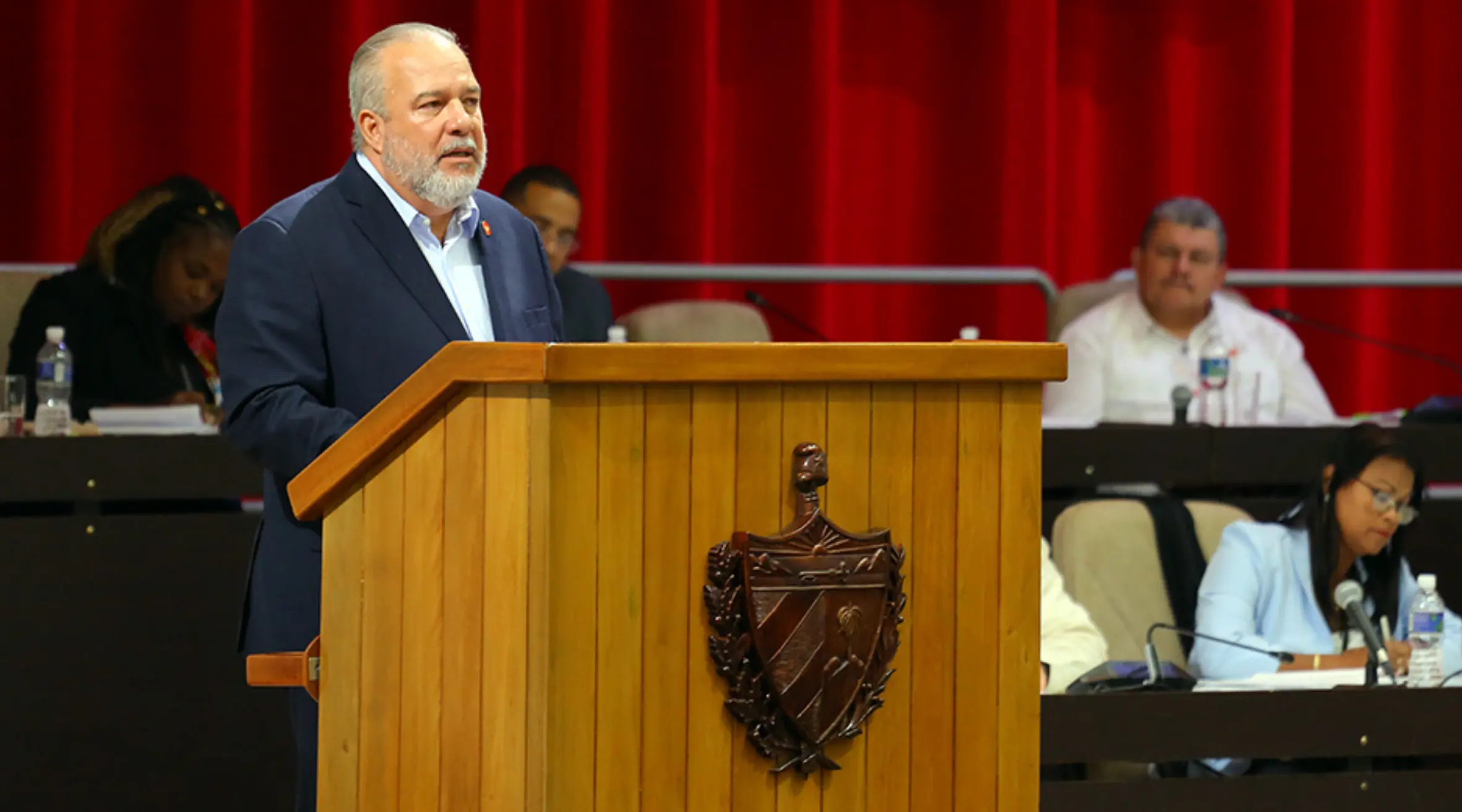Cuba (Washington Insider Magazine) – Cuba has declared itself a “war economy,” emphasizing the extreme hardships endured by its people, such as food shortages, inadequate wages, and rising prices. This news has elicited various reactions, some seeing it as a new method to explain ongoing difficulties and others remaining skeptical.
Context of a Struggling Economy
According to Elpais, the Cuban government disclosed this at a Council of Ministers meeting, where new measures to “reboost the economy during 2024” were discussed. Cuba’s economic challenges date back to the 1990s after losing Soviet Union support, and the situation has deteriorated over the years.
Public Reaction to the Announcement
Many Cubans feel that calling it a “war economy” changes little. “We have always been in a bad way,” says Havana resident Yosvani Castañeda. People continue grappling with expensive necessities, questioning whether promised price controls will bring real change.
Government’s Justification for the Term
Ricardo Torres, a former researcher at the Center for Studies of the Cuban Economy, suggests that the government uses the term to justify inevitable budget cuts and increased tax collection. He believes it also reflects the economic crisis and perceived international pressures.
Potential Risks and Impacts
Omar Everleny Pérez Villanueva, an economist, warns that using a “war economy” could exacerbate emigration and discourage foreign investors. He notes that the government might implement extraordinary measures, such as halting private retail companies or imposing price caps.
New Measures Targeting the Private Sector
The government plans to introduce budget cuts, and price controls, and centralize some economic decisions. Analysts fear these measures could negatively impact small and medium-sized enterprises (SMEs), which have been crucial since their approval in 2021 amidst worsening economic conditions.
Challenges and Criticisms
Economists criticize administrative price controls, predicting increased shortages and informal markets. Torres highlights the government’s fear of a large, autonomous private sector, which they try to balance without further sinking the economy.
Comparing Crises: Now vs. the 1990s
This crisis is seen as worse than the Special Period of the 1990s. Today’s crisis follows decades of stagnation and increasing inequality, whereas the earlier crisis followed a period of relative prosperity. The current situation is worsened more by higher emigration rates and an aging population.
Lack of Long-Term Solutions
Despite recent measures, such as dismissing the Economy Minister and raising transport and utility prices, a conclusive solution has yet to be proposed. Everleny stresses the need to remove obstacles hindering manufacturing and agricultural production, while Torres calls for a radical reform of state companies and structural measures to stabilize the economy.


























